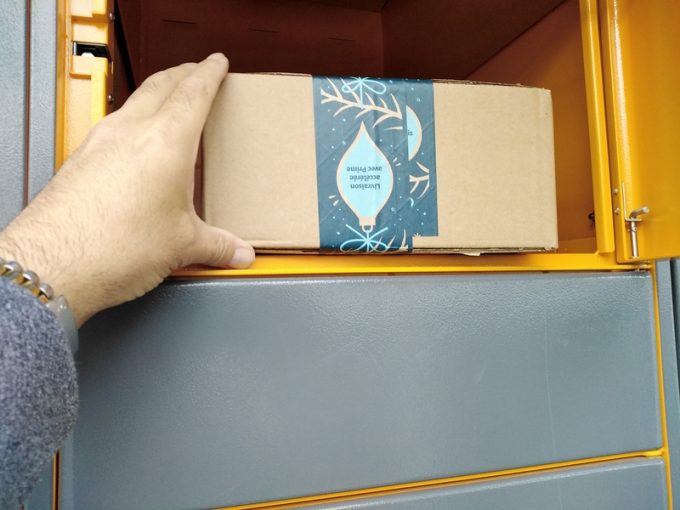Temu sellers using fake US postage labels to boost profits
Fascinating article on how some Chinese ecommerce merchants are using counterfeit USPS labels for postage ...

On 13 April, French parcel delivery firm Relais Colis announced a ’strategic partnership’ with Quadient, one of the largest global providers of parcel locker solutions.
Under their agreement, Quadient will roll out 500 parcel lockers in retail stores.
The lockers are on the rise as the e-commerce ...

Comment on this article